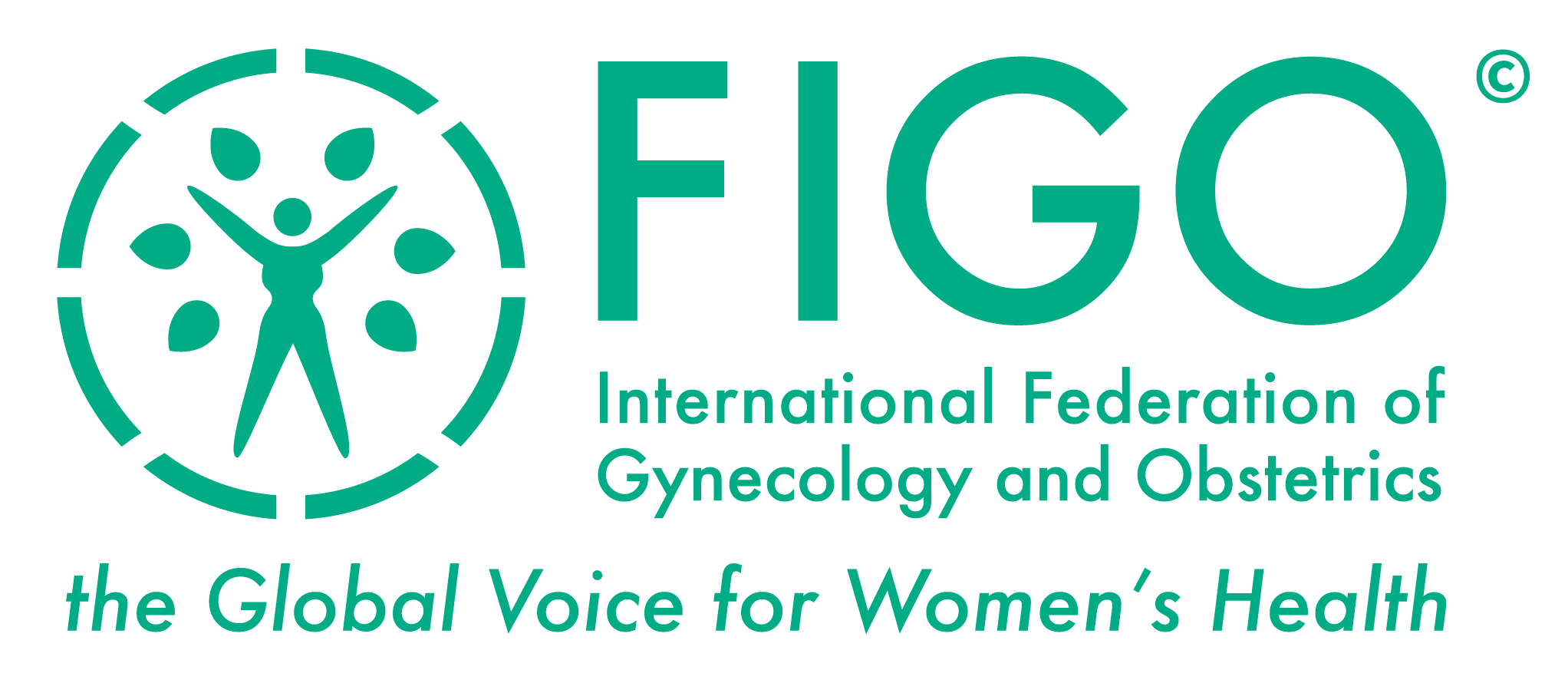
4. Political Commitment: Nations around the world have committed themselves to the Millennium Development Goals. Absence of infertility treatment is a relevant barrier to universal access to reproductive health (MDG 5).
Governments around the world, from both rich and poor countries, have repeatedly committed themselves to provide reproductive health care for their people. At the 1994 International Conference on Population and Development in Cairo, 180 national governments recognized and agreed that reproductive health was a state of complete physical, mental and social well-being and not merely the absence of disease. Governments committed themselves to a programme of action, which called for universal access to reproductive health services. Infertility prevention and treatment was explicitly acknowledged as integral components of such services.
In 2001, less than 10 years later, nations made an even bigger commitment to a series of international development goals relating to reduction in poverty, access to primary education, improvements in health as well as environmental sustainability. The goals, which are known as the Millennium Development Goals (MDG), reflect an unprecedented global consensus on priorities for human development (Waage et al, 2012). They also represent a partnership between rich and poor countries to achieve targets by 2015. MDG 5b is the goal to achieve universal access to reproductive health.
National and international task teams are working towards these goals. Rich countries are providing significant development assistance, while recipient countries are responsible for strengthening their health systems and for ensuring that allocated resources truly translate into better health, especially for the poor.
Progress towards the MDGs has been patchy and clearly not all goals will be reached, and not in all regions. The MDGs in general, and MDG5b specifically, are not only a goal to be taken literally, but also as a ‘symbol’ for a future outcome towards which to strive. The MDGs have therefore been described as a tool, a tool that galvanizes action, generates discussion, attracts and directs attention, and holds leaders accountable (Clemens et al, 2007). The FIGO Fertility Toolbox is developed with similar objectives in mind.
People wishing to improve access to quality infertility care in their countries have a unique opportunity to do so now, calling on political promises and willingness and using MDG5b both as a goal and tool. The FIGO Fertility Toolbox helps to outline the task at hand.
